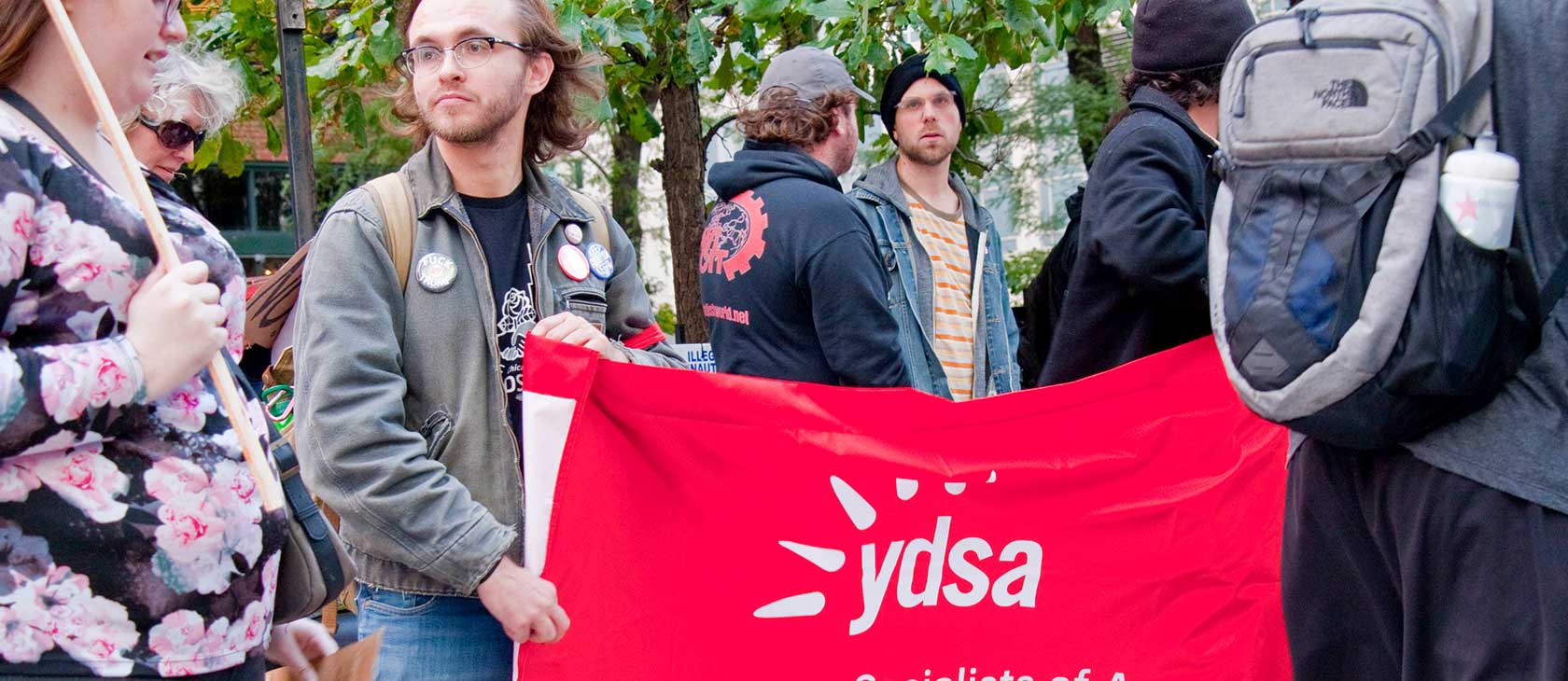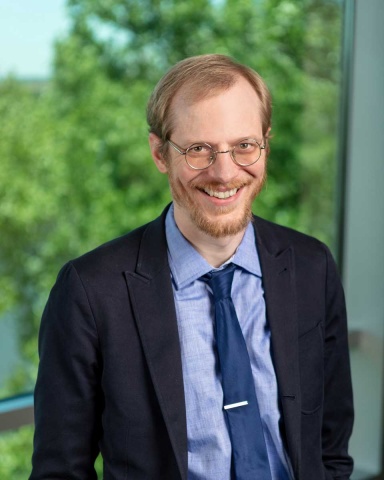In his State of the Union address this year, President Donald Trump warned of the dangers of socialism. But is there any substance to that worry?
Representative Alexandria Ocasio-Cortez (D-NY), a self-declared socialist, has made headlines with her Green New Deal proposal. And more recently, Senator Bernie Sanders (I-VT), who also identifies as a democratic socialist, has been considered one of the frontrunners for the Democratic nomination for president.
Perhaps we should not write off the president’s rhetoric as just a call back to a Cold War trope. Real socialists are growing in popularity in the United States and even winning elections. Sanders placed second in the early polls, behind only former Vice President Joseph Biden, who had yet to officially declare his candidacy.
But what is socialism?
Unlike in the 1940s, Americans today are more likely to identify socialism with ‘equality’ than with ‘government ownership or control
I know the technical answer to that question. I could even comment on varying historical and present-day expressions of it and different degrees of commitment to an interventionist, command-economy system, labor unions, the dialectic of a class war, and so on. However, that may not match well with what most supporters of socialism in the U.S. think it is today.
As Geoffrey Skelley wrote recently for FiveThirtyEight, “Unlike in the 1940s, Americans today are more likely to identify socialism with ‘equality’ than with ‘government ownership or control,’ according to polling by Gallup.”
Thus, while public opinion has softened toward socialism, the public’s perception of what socialism is has shifted. Socialism is no longer a specific economic system: It has been reduced to an aspiration for certain economic (and other) outcomes, at least for some.
While Sanders seems to be an old-school socialist himself, we can see this more aspirational socialism in the Green New Deal. It is more an ideological litmus test of commitment to certain economic and environmental outcomes than anything one could call a policy – not to mention concrete legislation – that would realistically achieve those outcomes.
Now, one could rightly point out that in order to achieve those outcomes, a socialist system may be necessary, even presumed. On the other hand, we can also see this aspirational socialism in popular admiration of the Nordic states, which, whatever one thinks of them, are not very socialist today – not in any technical sense anyway. The shift in focus is notable, and it leads to potential miscommunications. As Alejandro Chafuen put it in Forbes, “Advocates from both sides speak past each other.”
This terminological shift moves the discussion from the mechanics of economic policy to the moral motives used to justify them. Thus, for many to say that they support socialism may mean less that they want the U.S. to be the next Venezuela and more that they simply want more fairness and equality. They perceive our current market economy, to put it in Sanders’ terms, as “rigged” in favor of megacorporations, “millionaires and billionaires,” at the expense of small businesses, the poor, and the middle class.
The senator’s talk about our economy being “rigged” resonates with the more aspirational conception of socialism, and it is not without some truth, depending on the market. As I wrote in my book Foundations of a Free & Virtuous Society, “Even in some of the freest economies there is inequality generated not through the creation of wealth [which I think is fine] but through restricting markets to favor parties with political connections.”
calls for “free” healthcare, child care, or higher education may be impractical, but critiquing the mechanics of such proposals is not enough
Unfortunately, Sanders’ and other socialists’ proposed solutions, when they are concrete at all, tend to boil down to more market restrictions. These restrictions will just end up favoring those with the resources to navigate the Kafkaesque legal and bureaucratic web that such restrictions typically require – you know, like mega-corporations, millionaires, and billionaires. They may be different figures than those who currently benefit from the way cronyism and overregulation have rigged certain markets today, but they will not be small businesses, not the middle class or the poor. That you can count on. They often cannot afford the legal teams and compliance costs new taxes and regulations require. And new barriers to market entry would likely mean greater economic inequality, not less. It would certainly mean less fairness. It jeopardizes the rule of law.
In effect, I think today’s socialism-as-aspiration won’t be satisfied, in the long run, with yesterday’s socialism-as-system – or various watered-down versions of that system. But unless one can get beyond writing people off for the labels they pin on their aspirations, I don’t see how one can ever hope to gain a hearing among them.
Similarly, calls for “free” healthcare, child care, or higher education may be impractical, but critiquing the mechanics of such proposals is not enough. There is nothing wrong with aspirations for more affordable healthcare, child care, or higher education in themselves, is there? Those aspirations and others need to be met with positive, workable alternatives, rather than being simply dismissed.
A free and virtuous economy may best serve the moral aspirations of the young “socialists” of today. But writing off such socialists without substantial engagement with what socialism actually means to them is only an invitation to be ignored.
Image credit: Charles Edward Miller (CC BY-SA 2.0). Image cropped.




